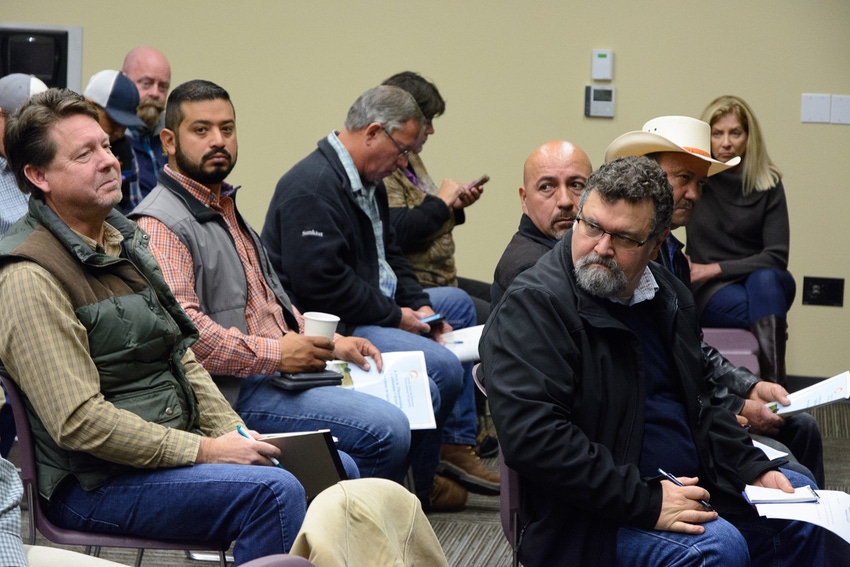January 10, 2017

With another confirmed case of Huanglongbing (HLB) in southern California, the state agency responsible for agricultural quarantines is responding to a citrus industry request for more action.
Effective March 1 California will require new compliance agreements with shippers, packers and growers of citrus. Part of this agreement will mean mandatory tarping of loads.
Victoria Hornbaker, integrated pest control branch chief for the California Department of Food and Agriculture, says the mandatory tarping rule is in response to University of California studies showing how Asian citrus psyllids (ACP) are transported around the state on commercial trucks hauling fresh citrus.
Hornbaker points to ACP finds in non-commercial citrus near major truck stops along I-5, at citrus juice plants in the Central Valley and elsewhere along major transportation corridors as evidence the pest is capable of hitching a ride on fruit moving throughout the state.
Citrus industry officials have long suspected that this is how the ACP made its way from southern California into the San Joaquin Valley – in loads of fresh citrus moved from southern California to packing houses in Kern, Tulare and Fresno counties.
“This is part of the same focus to protect against moving psyllids around,” she said.
The tarping provision has been a controversial idea since it was brought up in 2008, according to Tulare County Agricultural Commissioner Marilyn Kinoshita.
“Unfortunately this didn’t happen in 2008 – because it’s so unpopular,” Kinoshita said.
That controversy was on display at a Jan. 9 meeting in Tulare, Calif, where transportation company officials told the CDFA that requiring citrus loads to be tarped anytime they’re moved will effectively shut down the shipment of citrus on March 1 because the companies will not have enough tarps to comply.
Tarping requirements have been part of state quarantine rules, but without enforcement, citrus continues to be moved, uncovered, throughout the state. University of California researchers say this has led to the spread of psyllids along major transportation routes throughout the southern half of California.
The new rules will be done through an emergency order process, according to Hornbaker. All this comes as the state is looking to significantly revamp its ACP quarantine regulations by doing away with county-wide designations and moving to more regionally-focused quarantine regulations.
The goal, according to Hornbaker, is to prevent the spread of psyllids and ultimately the infection of additional trees with HLB. While the disease has not been reported in commercial citrus in California it continues to be found in more trees in urban neighborhoods of southern California.
Infected psyllids discovered in the Cerritos area of southern California led to the discovery of a diseased tree in that city. The discovery will mean an expanded HLB quarantine for southern California.
Hornbaker says her office will be working with the California Highway Patrol and county sheriffs to enforce the tarping provisions and other quarantine rules.
The state will also contract with county Ag commissioners to conduct enforcement inspections to ensure everyone is complying with statewide quarantine regulations, to include the inspection of citrus sold at roadside stands.
You May Also Like




